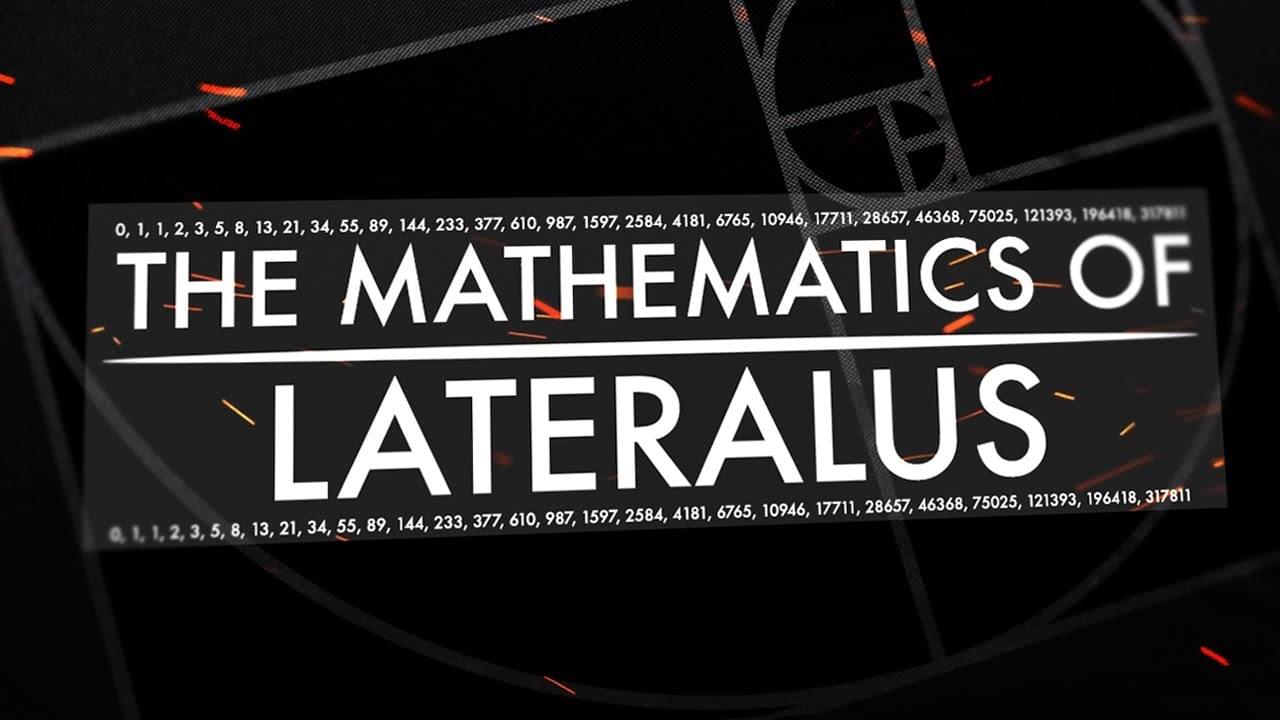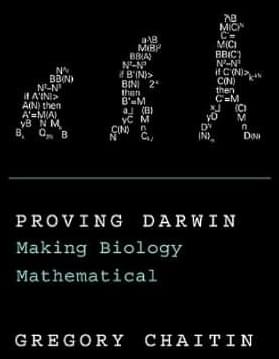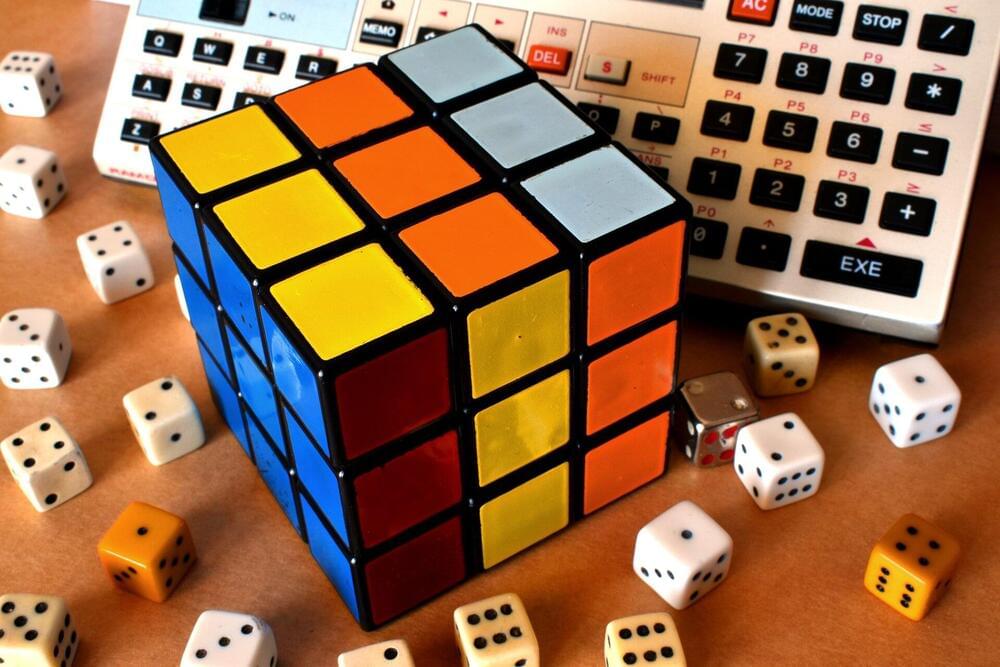From repairing deadly brain bleeds to tackling tumors with precise chemotherapy, micro/nano-robots (MNRs) are a promising, up-and-coming tool that have the power to substantially advance health care. However, this tool still has difficulty navigating within the human body—a limitation that has prevented it from entering clinical trials.
Mathematical models are crucial to the optimal design and navigation of MNRs, but the current models are inadequate. Now, new, promising research from the University of Saskatchewan (USask) may allow MNRs to overcome the limitations that previously prevented their widespread use.
USask College of Engineering professor Dr. Chris Zhang (Ph. D.) and two Ph.D. students (Lujia Ding, N.N Hu) along with two USask alumni (Dr. Bing Zhang (Ph. D.), Dr. R. Y. Yin (Ph. D.)) are the first team to develop a highly accurate mathematical model that optimizes the design of MNRs which improves their navigation, allowing them to travel efficiently through the bloodstream. Their work was recently published in Nature Communications.









